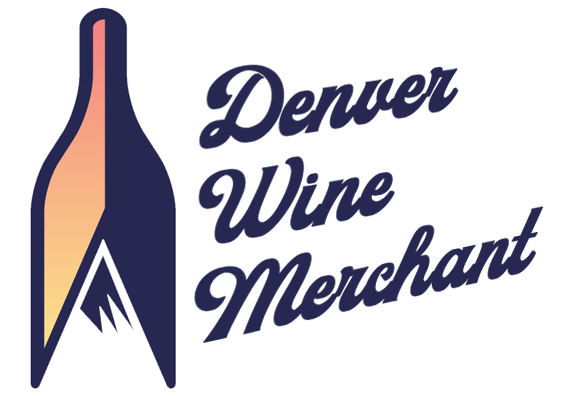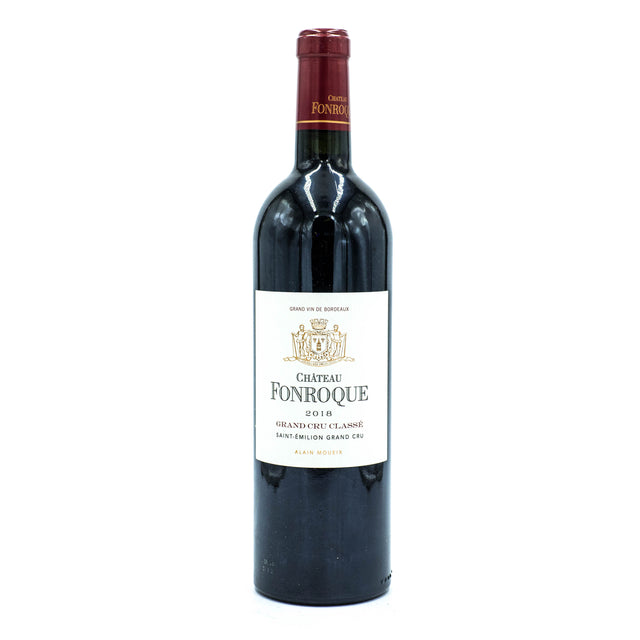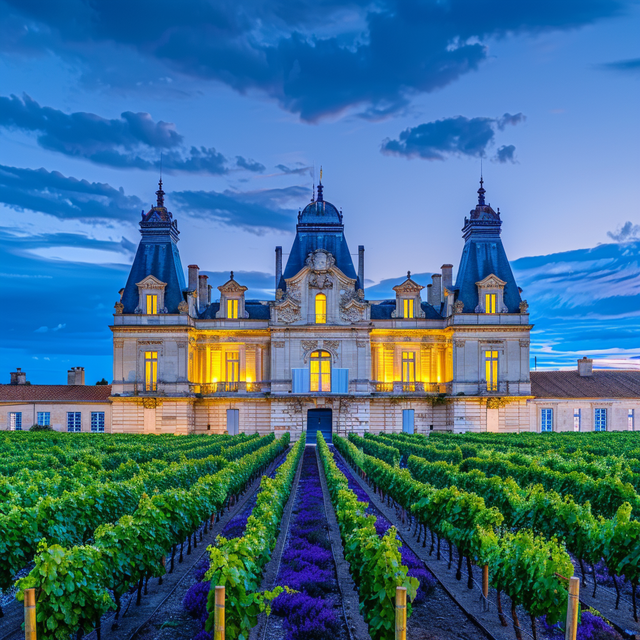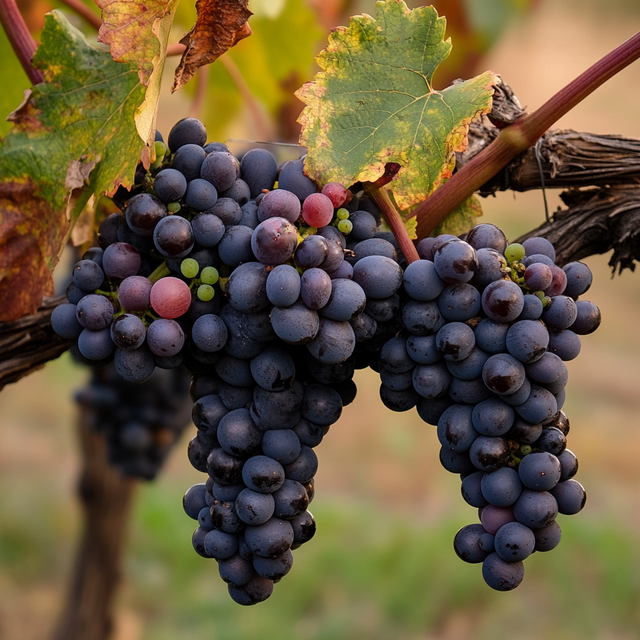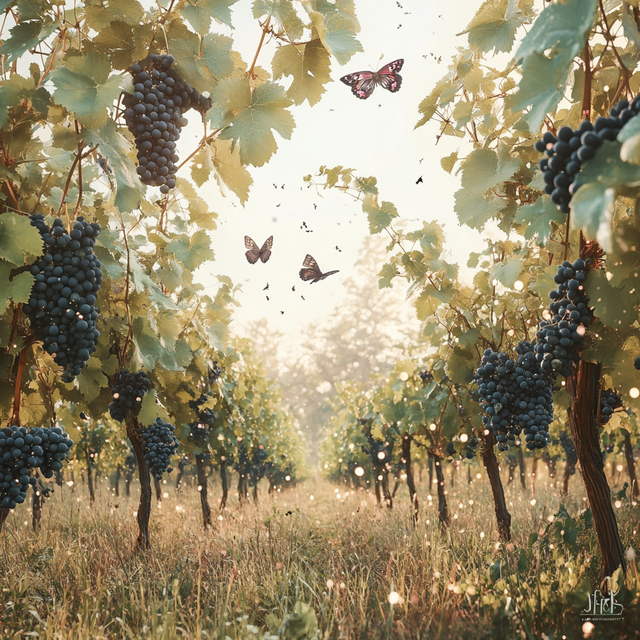The Bordeaux wine region, an emblem of vinicultural prestige, is bisected by the Gironde Estuary into the Left and Right Banks, each celebrated for distinct styles shaped by their unique terroirs. The Left Bank is renowned for its structured, Cabernet Sauvignon-led blends, while the Right Bank favors the softer, Merlot-dominated wines. This region is also the birthplace of the luscious, sweet wines of Sauternes. Bordeaux's time-honored blend and winemaking techniques have inspired countless wine regions around the globe, setting a benchmark for the wine world.
Bordeaux
Merlot, a red grape variety celebrated for its soft tannins and approachable fruit, is a cornerstone of winemaking around the world. It achieves some of its highest expressions on the Right Bank of Bordeaux, particularly in prestigious appellations like Pomerol and Saint-Émilion, where it forms the dominant part of many celebrated blends, contributing richness and plushness. Merlot also plays a significant role in Tuscany, where it is a key component in many Super Tuscan wines, and also stands alone to produce spectacular varietal wines. In Washington's Columbia Valley, Merlot thrives in the region's sunny days and cool nights, producing varietal wines that highlight its velvety texture and generous fruit profile. While Merlot is widely planted in California, some believe it reaches even greater heights in Washington State.
Merlot
Certified Organic farming is an agricultural practice where vineyards adhere to strict regulations prohibiting the use of synthetic pesticides, herbicides, fungicides, and fertilizers. Instead, certified organic growers rely on natural alternatives, including compost, cover crops, and beneficial insects, to nourish the soil and manage pests. Certification requires compliance with established organic standards, typically verified by third-party agencies such as USDA Organic in the United States or EU Organic in Europe. This method emphasizes ecological balance, biodiversity, and sustainability, aiming to produce high-quality grapes and wines while reducing environmental impact and promoting long-term vineyard health. Organic farming is not allowed to use Glyphosate.
